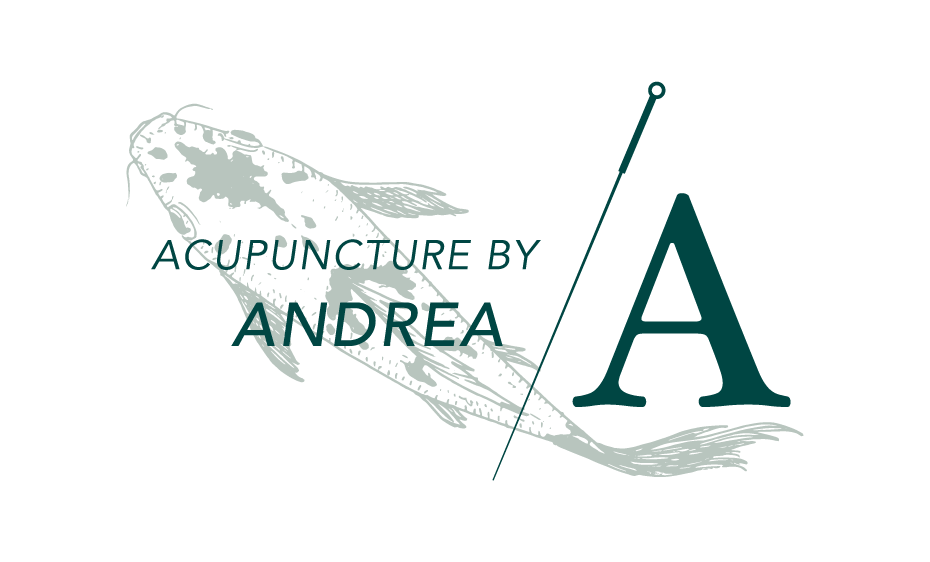Fighting Phlegm
Phlegm—nobody’s favorite bodily substance, but also a misunderstood topic. In the West, we tend to think of mucus and phlegm as something our body produces only during certain times, such as when we have the flu or a cold or when allergies cause a post-nasal drip. In Traditional Chinese Medicine (TCM), identifying why your body is producing phlegm helps diagnose many ailments. Phlegm production is a much broader and deeper issue than a seasonal cold or flu. The secretions produced by the nose and mouth during those illnesses are actually mucus and not technically phlegm. TCM treats the spleen-originating phlegm stored in the lungs, which affects the joints and the muscles and creates overall feelings of not being well.
Mucus or Phlegm?
Mucus is produced by the body to carry away particles and debris—think of it as a pollution disposal substance for your body. The process of producing mucus to carry away these pollutants is one of the body’s most important ways to protect the lungs. This substance is so important for the proper functioning of your body that about one quart is produced by each of us each day!
Phlegm is a different substance. It is a type of mucus but rather than originating in your mouth or nose and sinuses, it is produced by the spleen and the digestive system as a result of excess intake and inflammation. Phlegm is then stored in the lungs and lower airways. The spleen extracts the energy from the foods you consume and sends it to the small intestine. In a weakened or compromised digestive system, phlegm results because foods are not properly broken down. The foods we choose to eat and the times we eat them are major contributors to the production of this substance.
Consuming cold, damp and raw foods is tough work for the body. The process of first warming and then digesting these foods is sometimes incomplete, leaving us with partially digested food and then phlegm. Add in modern habits such as eating on the go, stress, irregular mealtimes, smoking, and processed food consumption, and we are primed for the digestive process to backfire and produce phlegm that will diminish our overall health and cause a weakened spleen. When phlegm overwhelms the spleen, this organ attempts to rid itself of the substance. If it is unsuccessful, the spleen is overcome by its dysfunction and phlegm starts to build up in the lungs where it is then stored. We begin coughing to rid ourselves of the stored substance. If an unhealthy lifestyle with overproduction of phlegm continues unchecked for years, this sticky substance literally “sticks” around and becomes firmer and more resistant to removal. In TCM, before phlegm can be expelled by your body, it needs to be transformed from a hard, stuck substance to a soft, flowing movable one. It may not seem like it when you are hacking away, but our body is doing us a favor when we cough and sneeze because it is working to dislodge this waste substance that has built up in our lungs.
Acupuncture and herbs are great for transforming and getting rid of phlegm. An overproduction of phlegm, or phlegm stuck in your body may manifest in the following complaints:
throat clearing
excessive nose blowing
puffy face
ear wax
fatigue
body odor
When a patient comes into the Acupuncture by Andrea clinic with these complaints, my first treatment step is to drain the dampness through specific placement of acupuncture needles. The treatment protocol then moves to target the spleen, stomach, digestive system and lungs.
TCM has several highly effective, ancient herbal treatments for expelling phlegm. There are formulas for heat and formulas for cold phlegm—the symptoms will correspond with the diagnosis and the treatment will be applied accordingly. Some formulas resolve phlegm using herbs like seaweed and orange peels to dissolve and move the stubborn concentrated mass. If the phlegm has “invaded” the thoughts, indicating a digestive system in distress and/or a mental health condition, amber is used to calm the mind. This herb soothes the body, allowing a sustained calmness so the healing can slowly begin. Fu ling is an herb often used in formulas to rid the body of dampness, the main component of phlegm. This herb will also work to strengthen the spleen.
Along with acupuncture and herbal medicinals, making good food choices every day is a highly effective way to prevent phlegm overproduction and storing of this substance that should be naturally and routinely expelled.
Food not Phlegm
Foods that help resolve dampness and phlegm:
grains—rice, barley, buckwheat, amaranth, and Job’s Tears
beans—adzuki, chickpeas, black beans, kidney beans and fava beans
cooked vegetables—asparagus, pumpkin, carrots and peas
foods from the alum family—onions, garlic, leeks and radishes
seaweed
corn products
almonds
Foods to avoid or limit:
proteins—dairy, egg yolks, beef and pork
bananas
oatmeal
oils and nut butters
raw foods and iced or cold foods
refined sugars
This doesn’t mean you can never eat these foods again; we just advise you to take a break from many of these food options so that your digestive system can heal from the overproduction of phlegm.
Phlegm-Free and Feeling Fine
Clearing phlegm out of your body through acupuncture, herbs, and dietary changes often has immediate and noticeable effects. Many patients report feeling lightness in their body, and most people find that their snoring lessens or even disappears completely!
You will also notice a reduction in:
joint pain
vertigo
dizziness
skin conditions such as acne, nodules, and fatty cysts
Diet and digestion can never be overlooked when there is any type of complaint in the body, and overproduction of phlegm is directly related to the food and drinks your consume.
With acupuncture and cupping treatments, herbal formulas and dietary changes you will feel clearer, happier and healthier being phlegm-free!

